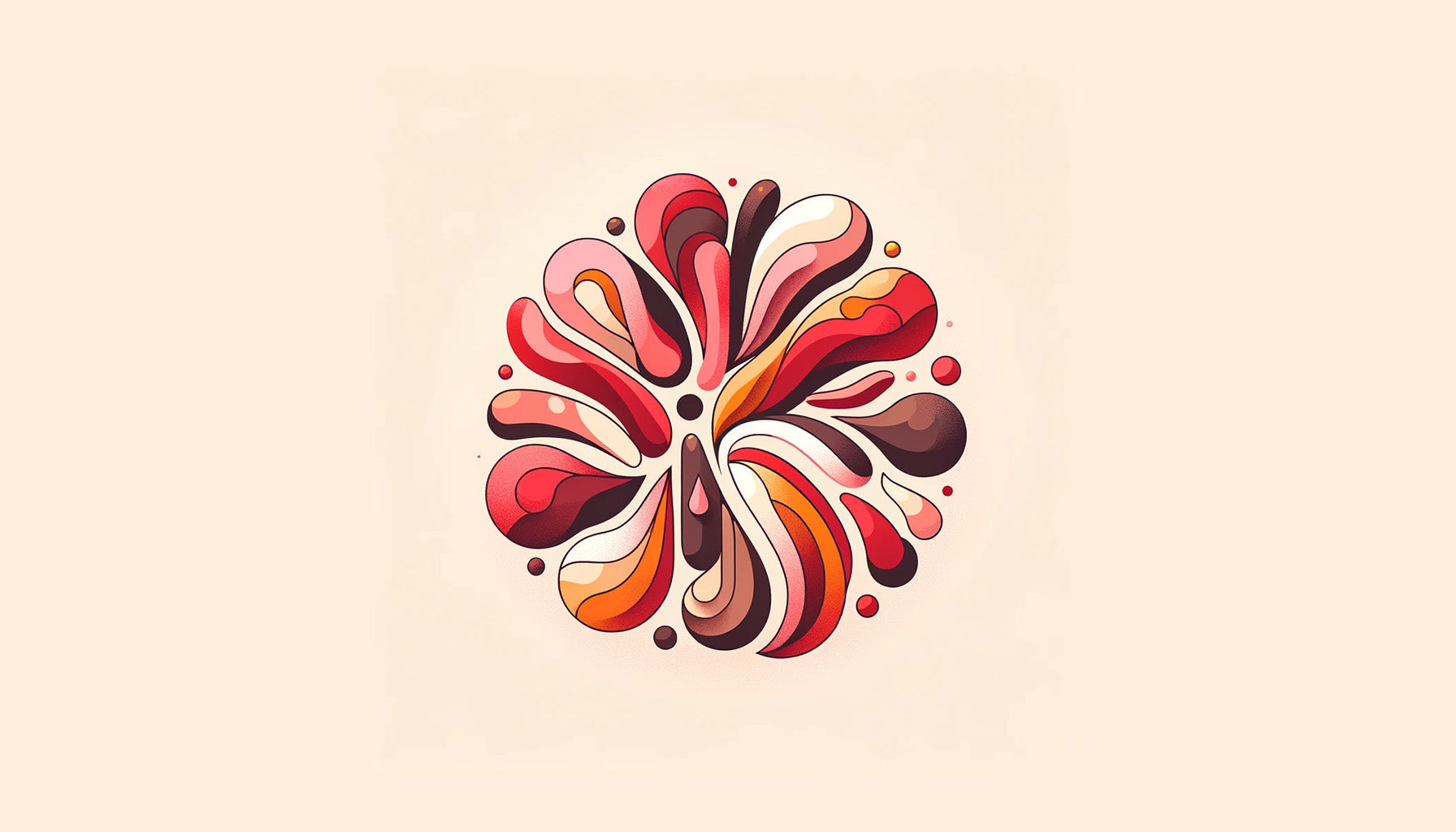Did you know that women are twice as likely as men to experience bloating? Bloating can have various causes, ranging from the foods we eat to underlying medical conditions, but it's also closely linked to hormonal changes during the menstrual cycle. Let's dive into why bloating happens and share some tips to help manage it so it doesn't disrupt your day.
Why does bloating happen?
Abdominal bloating occurs when your stomach feels full and uncomfortable, often causing it to look larger. Some people may experience pain, strange stomach sounds, and increased flatulence. The primary culprits behind bloating are trapped air and trapped fluid.
-
Trapped air: Gas can accumulate in the stomach for many reasons, such as consuming carbonated drinks or digestive issues. While your body tries to release excess gas (leading to increased flatulence), some gas gets trapped, causing bloating.
-
Fluid retention: Also known as water retention, this happens when the body holds onto excess fluid, leading to swelling. While bloating can affect the abdomen, fluid retention can also cause swelling in other areas, such as the hands and legs.
Why do we get bloated around our period?
Many women experience bloating before or during their period. In fact, 75% of women report bloating at this time, with symptoms often peaking on the first day of menstruation. But why does this happen?
Bloating around your period is linked to hormonal fluctuations. During the luteal phase (the period between ovulation and menstruation), estrogen levels rise and then fall, while progesterone levels drop, triggering menstruation.
-
Estrogen: When estrogen levels are high, it can stimulate the adrenal glands to produce aldosterone, a hormone that regulates sodium. This can affect kidney function, leading to fluid retention.
-
Progesterone: The decrease in progesterone just before your period can slow digestion, leading to constipation and trapped gas, both of which contribute to bloating.
How to manage bloating during menstruation
Although period bloating is common, you don't have to suffer through it. Here are some tips to help reduce or relieve bloating:
-
Exercise: Light activities like walking or gentle yoga can improve circulation and help reduce fluid retention. Exercise also releases endorphins, your body’s natural painkillers, which can ease discomfort.
-
Mindful eating: Certain foods and drinks, such as highly processed, spicy, or carbonated items, are known to cause bloating. If you're prone to bloating, especially during your period, it may help to avoid these. Also, be mindful of specific foods that don't agree with you, like lactose or gluten.
Additionally, how you eat matters. Eating too quickly can cause you to swallow excess air, which leads to bloating. Try to eat slowly and avoid distractions like watching TV while eating.
-
Reduce stress: Stress can have a direct impact on your gut, causing inflammation and upsetting the balance of gut bacteria. Hormonal changes around your period can also increase stress and water retention. Be kind to yourself during this time by slowing down your schedule and engaging in stress-reducing activities like meditation or deep breathing.
Conditions that can cause bloating
While bloating during menstruation is often a temporary discomfort, it can sometimes signal a more serious condition.
-
Endometriosis (Endo Belly): For those with endometriosis, bloating can be severe and persistent, a symptom known as "endo belly." If your bloating is accompanied by heavy periods, pain during sex, fatigue, or mood changes, it may be worth exploring whether endometriosis is the cause.
-
Irritable Bowel Syndrome (IBS): IBS is a common condition that affects the digestive system, often causing bloating, abdominal pain, diarrhea, or constipation. It's more common in women than men and can significantly impact daily life.
-
Celiac Disease: Celiac disease is an autoimmune condition where consuming gluten triggers an immune response that damages the small intestine. This can lead to bloating, abdominal pain, and other digestive issues. While there's no cure, following a gluten-free diet can alleviate symptoms.
By understanding the causes of bloating and taking steps to manage it, you can reduce its impact on your day-to-day life, especially around your period.





